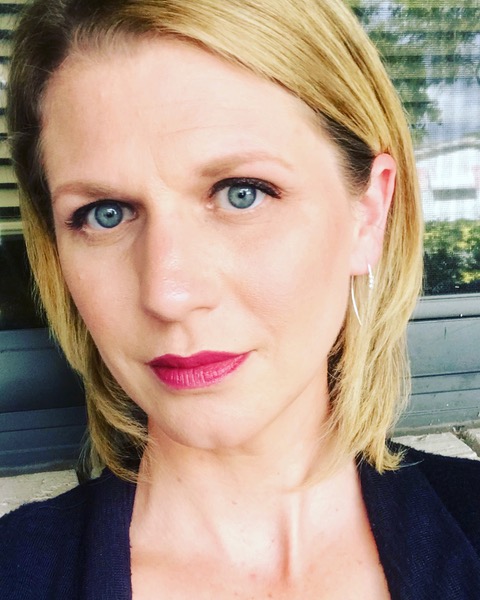People who struggle with mental illnesses are still plagued by stigma and discrimination. It is true that awareness of these diseases is starting to permeate society and seep into crevices once thought impenetrable. Yet we have much further to go; walls of ignorance to break down, deserts of misunderstanding to quench, and mountains of inequality to overcome.
Many with mental illnesses still hide behind masks, masks they present to others in an effort to appear as they believe society demands of them. I know because I have worn many masks for this purpose. I have lived in fear of my mask slipping, of co-workers or bosses seeing beneath it, of discovering my secret. Not because I am ashamed. I understand my disease. I know that I did nothing to cause it. On days where it’s not tearing me up inside, I also know that it does not make me any less than someone without my disease. Unfortunately, almost everyone I have come across in my daily life since I was diagnosed twenty years ago has not understood and has had no interest in trying to understand.
What do I mean by “understand?” Almost everyone has heard of depression, anxiety, bipolar disorder, etc. Yet how many of those people have any idea what any of those diseases actually entail? How many people can tell you what depression is other than a person who feels sad. Or that a person with anxiety feels nervous. That’s like saying a person wearing a football jersey likes football. There is no knowledge with those statements. If your daughter, or sister, or best friend were diagnosed with a mental illness, would you do any research to better understand their diagnoses? You should. We all should, whether we know someone diagnosed or not.
It should be taught in schools like any other disease you might discuss in biology class. Education about mental illnesses should start in elementary school. End the stigma and discrimination amongst kids before it can start. Keep teaching about it in junior high and then more in high school. Not only should kids be informed, not only should they be taught to have compassion, they should be taught not to be ashamed. People always say knowledge is power. What if a child, by learning about these things from an early age, asks for help instead of silently cutting their skin with a razor blade? What if an informed child asks for help instead of committing suicide? What if an informed child asks for help instead of walking into school with a gun? Knowledge IS powerful. It is when we do not understand something that we fear it, we stigmatize it, we discriminate against it. Where has that ever gotten us as individuals or as a society?
It certainly is not only kids who need to be educated about mental illnesses, but they are a great place to start since they will shape our future, they are already shaping our future. I don’t have any brilliant ideas on how to get adults interested in learning or understanding it. My first diagnosis was twenty years ago and my family has never researched it. They’ve come to understand my behaviors when things are bad, they generally know what to expect from me. Yet that is not actually understanding the disease. How it works, how it progresses, possible reasons why I behave the way I do because of how the disease impacts my brain. My family members are all well educated, intelligent people. But mental illness wasn’t something to be discussed in my parents’ generation and as much as they love me and have tried to support me, I believe they subconsciously brought some of their generation’s stigmas into our home and our lives. So how do you encourage people to educate themselves when they don’t want to, don’t see the need to, don’t think it’s an issue that impacts them or are possibly afraid of what they might learn? One thing we do is keep talking about it. Talk about it even though many people will choose not to listen. Write about it despite people refusing to read it. Just keep spreading the word. We may be suffering but we won’t stay silent.
There have been many revolutions in our history, groups of people fighting for justice and equality. Let us combine our voices, out loud and in print. Let us make our revolution towards mental health awareness and education rise ever higher. Sooner than later we will be too loud for anyone to ignore us. We will be heard.








Leave A Comment